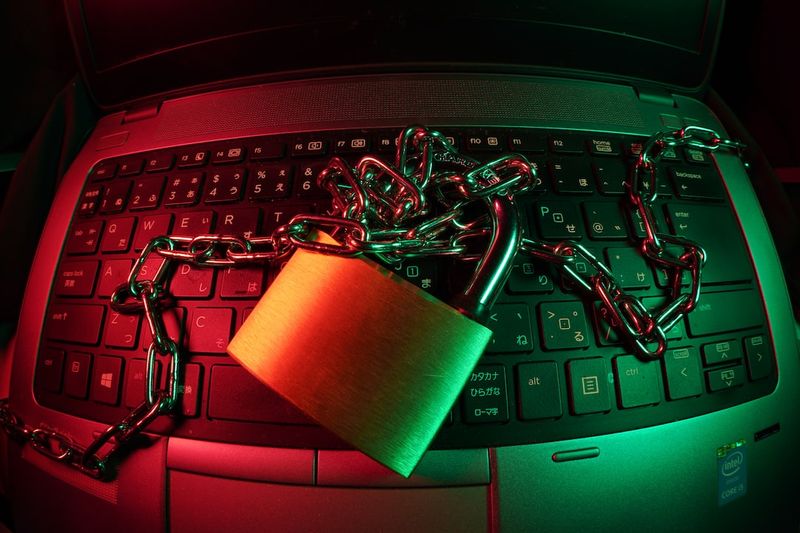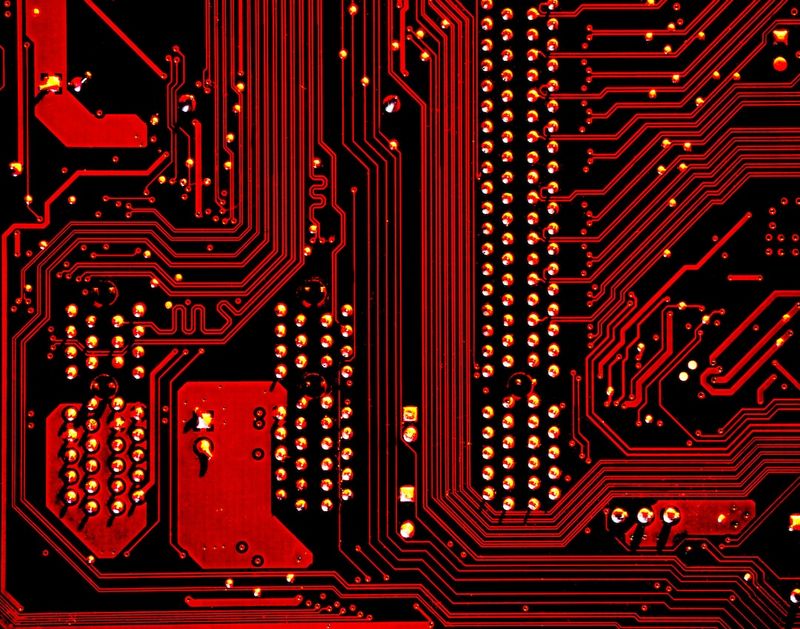Cybercrime Court Convicts Portuguese Hacker in Football Leaks Trial and Gives Him a 4-Year Suspended Sentence
Introduction
In a landmark case, a Portuguese hacker known for his involvement in the “Football Leaks” scandal has been convicted of nine crimes and given a suspended prison sentence of four years. Rui Pinto, 34, was found guilty of unauthorized entry into computer systems, intercepting correspondence, and attempted extortion. The court found that Pinto had hacked into the computer systems of the Doyen sports investment fund, the Portuguese attorney general’s office, and a Lisbon law firm. Pinto’s revelations on the “Football Leaks” website exposed corruption and financial misconduct within European soccer and sparked official investigations across the continent. While Pinto argued that he was a whistleblower acting in the public interest, the court found him guilty of extortion in his dealings with the Doyen sports investment fund.
Background
Pinto’s disclosures on the “Football Leaks” website between 2015 and 2018 caused significant embarrassment to star players, top clubs, and influential agents in European soccer. The website published information about transfer fees, salaries, and alleged rule violations by clubs such as Barcelona, Real Madrid, Manchester City, and Paris Saint-Germain. Pinto’s actions shed light on the opaque world of financial dealings in the sport and triggered investigations into these practices.
During his trial, Pinto maintained that he acted as a whistleblower and argued that his work in exposing corruption and financial misconduct was done in the public interest and for no personal gain. His defense also highlighted that Pinto had cooperated with authorities in Europe, including France, Belgium, Switzerland, and Malta, in their soccer investigations. Pinto had spent 18 months in pre-trial detention, including seven months in isolation, before being released and entering a witness protection program.
Implications and Editorial
The conviction of Rui Pinto raises important questions regarding the role of hackers in exposing wrongdoing and the boundaries between whistleblowing and criminal behavior. The “Football Leaks” revelations brought to light systemic corruption and financial misconduct in European soccer, leading to significant reforms within the sport. However, Pinto’s actions also involved unauthorized access to computer systems and attempted extortion, which the court found to be criminal offenses.
It is essential to recognize the power of technology and the internet in uncovering corruption, but we must also ensure that the individuals behind these revelations operate within legal and ethical boundaries. While Pinto’s intentions may have been noble, his methods crossed the line into criminality. This case underscores the need for clear guidelines and legal frameworks that provide protection for whistleblowers while holding them accountable for any illegal activities they may engage in.
Furthermore, this case highlights the importance of internet security and the need for organizations to invest in robust cybersecurity measures to protect sensitive information from unauthorized access. The hacking of the Doyen sports investment fund, the attorney general’s office, and the law firm involved in this case demonstrates the vulnerability of computer systems to cyberattacks. Institutions must prioritize cybersecurity to safeguard not only their own data but also the privacy and security of individuals who interact with them.
Advice
For whistleblowers, it is crucial to understand the legal and ethical considerations associated with their actions. Whistleblowing should be done through official channels, such as reporting to law enforcement or regulatory authorities, to ensure that information is obtained legally and that the individual is protected from potential legal repercussions. Taking the law into one’s own hands, as Pinto did, not only risks criminal charges but also undermines the credibility and effectiveness of the information being disclosed.
Institutions and organizations must prioritize cybersecurity to protect sensitive data from cyberattacks. This includes implementing strong firewalls, encryption protocols, and multi-factor authentication, as well as regularly updating software and training employees on cybersecurity best practices. By taking proactive measures to secure their systems, organizations can mitigate the risk of cyberattacks and protect both their own data and the privacy of individuals they serve.
Overall, this case serves as a reminder of the complex intersection between technology, ethics, and the law. While the “Football Leaks” scandal exposed deep-rooted corruption in European soccer, it also raises important questions about the appropriate methods and boundaries for whistleblowers. It is essential to strike a balance between uncovering wrongdoing and maintaining the rule of law, and to invest in robust cybersecurity measures to protect against cybercrime.

<< photo by Eugenia Remark >>
The image is for illustrative purposes only and does not depict the actual situation.
You might want to read !
- Exploring the Growing Landscape of DFIR: Binalyze Secures $19 Million in Series A Funding
- The Shadowy Intrusion: Chinese Redfly Group’s 6-Month Campaign of Disruption on a Nation’s Critical Grid
- Targeted Attacks on the Rise: Unmasking the Advanced Phishing Trio of Agent Tesla, OriginBotnet, and RedLine Clipper
- China’s Cyber Espionage Group ‘Redfly’ Strikes Power Grids: A Looming Threat?
- The Dragon’s Eye: China’s Expanding Surveillance Web
- Exploring the Vulnerabilities: Hijacking and Disrupting Socomec UPS Devices
- Russia’s Cyber Aggression Continues: LastPass Vault Hacking, Ukraine Energy Facility Targeted, NXP Breach Exposed
- TETRA:BURST — Unveiling the Fragile Foundation: 5 Critical Flaws in the Widely Used Radio Communication System
- The Achilles Heel of Financial Institutions: Open-Source Software Attacks
- “Microsoft’s Latest Discovery: Banking AitM Phishing and BEC Attacks on Financial Giants”




